上海设计资讯
- Per Erik Bjornsen专访丨面对城市建设,我们该如何思考城市生态圈?
- 日期:2019-07-12 10:03:00 来源: 点击次数:0
-

当我想起一座城市时,我的思绪依然萦绕在那些我曾拜访过的人和物上,我猛然认识到,也许每一个曾到访过的地方都留下了我的若干记忆碎片,像指路明灯般让我对回忆有迹可循。
——《城市微感》撰文:Per Erik Bjornsen(意大利著名设计师) 编译:光华

Per Erik Bjornsen 意大利建筑设计协会创始人
威尼斯建筑大学博士,出生在意大利的重要港口城市热那亚,在热那亚、威尼斯和米兰开设了自己的建筑公司。2007 年开始在香港和上海开设了设计公司。
曾与建筑大师Renzo Piano、Santiago Calatrava一起工作过,也曾参与西班牙巴塞罗那市奥林匹克中心的项目设计、意大利热那亚的世博会项目设计,以及意大利多个城市总体规划和建筑项目,曾为意大利 Mc Person,SIM2/Brionvega,Tognana Porcellane,强生化妆品公司设计,雷诺在意大利的商业设计,所涉及的范围从公共建筑到私人住宅等,且与奔驰,巴黎欧莱雅,英国电信,Halifax和Bilancioni 等先后合作过。
每当我畅想都市发展时,我最感兴趣的是尝试重建一个城市生态圈大环境,在其中生活的人们的行为能够产生一个能量场,以确保城市生态圈的高度居住价值,并为未来发展确立方向。

城市均衡发展并不是一个抽象的概念,而是涉及人类活动所消耗或产生能量的逻辑过程和结果,城市的空间设计应当被理解为多功能、多层次的复合序列系统,配套功能完备且意义深远。
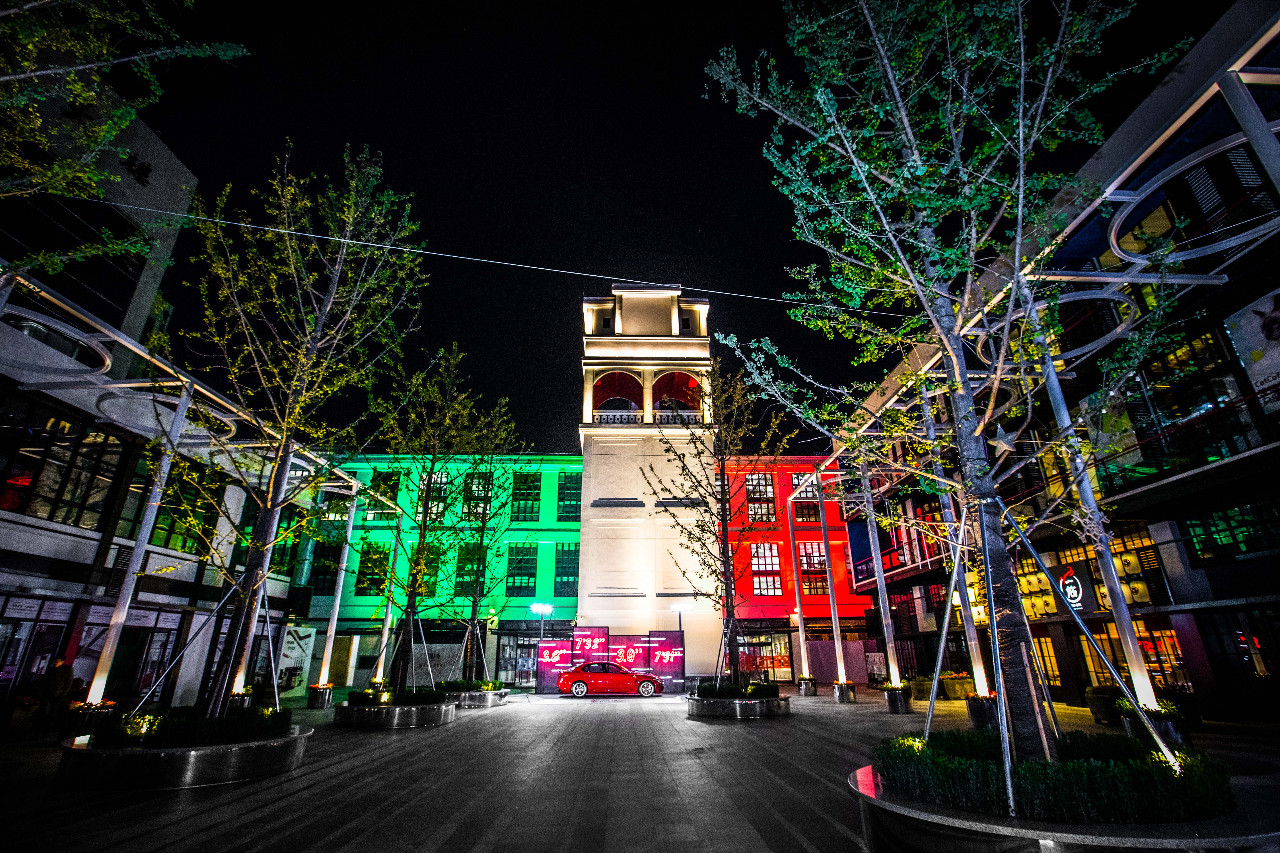
在城市规划建设中,很难说是大胆留白还是打造全空间更为重要,我喜欢我所追求的可以建立连续性情感交流联系的空间愿景,对封闭空间和开放空间都进行人性化设计探讨。
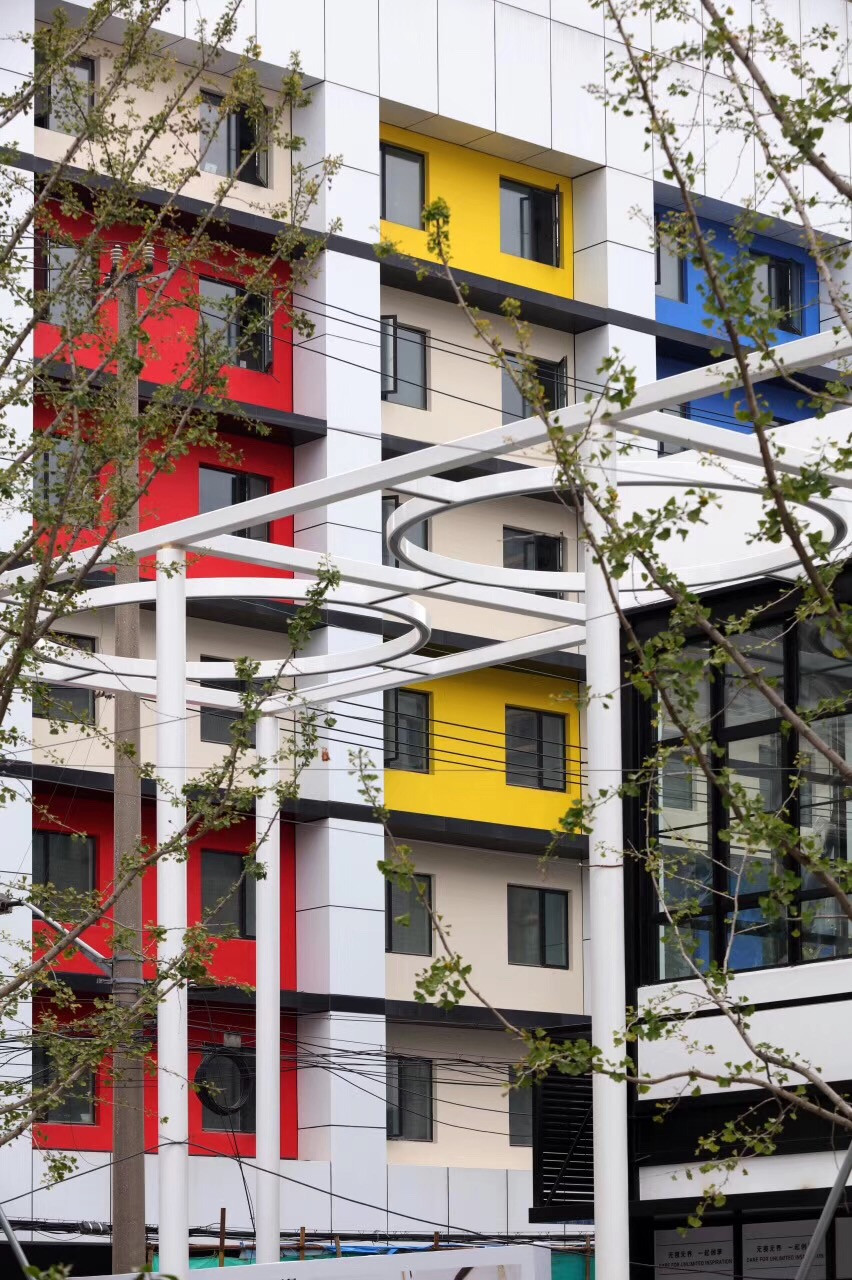
如果城市没有完全屈服于失控的拆毁和重建项目,也不是只考虑汽车工业而规模化建设道路,那么,城市与人、空间与人、人与人的关系仍然存在并且可察觉得到的,并且这种关系与水泥大厦中邻居之间无形的藩篱形成鲜明反差。
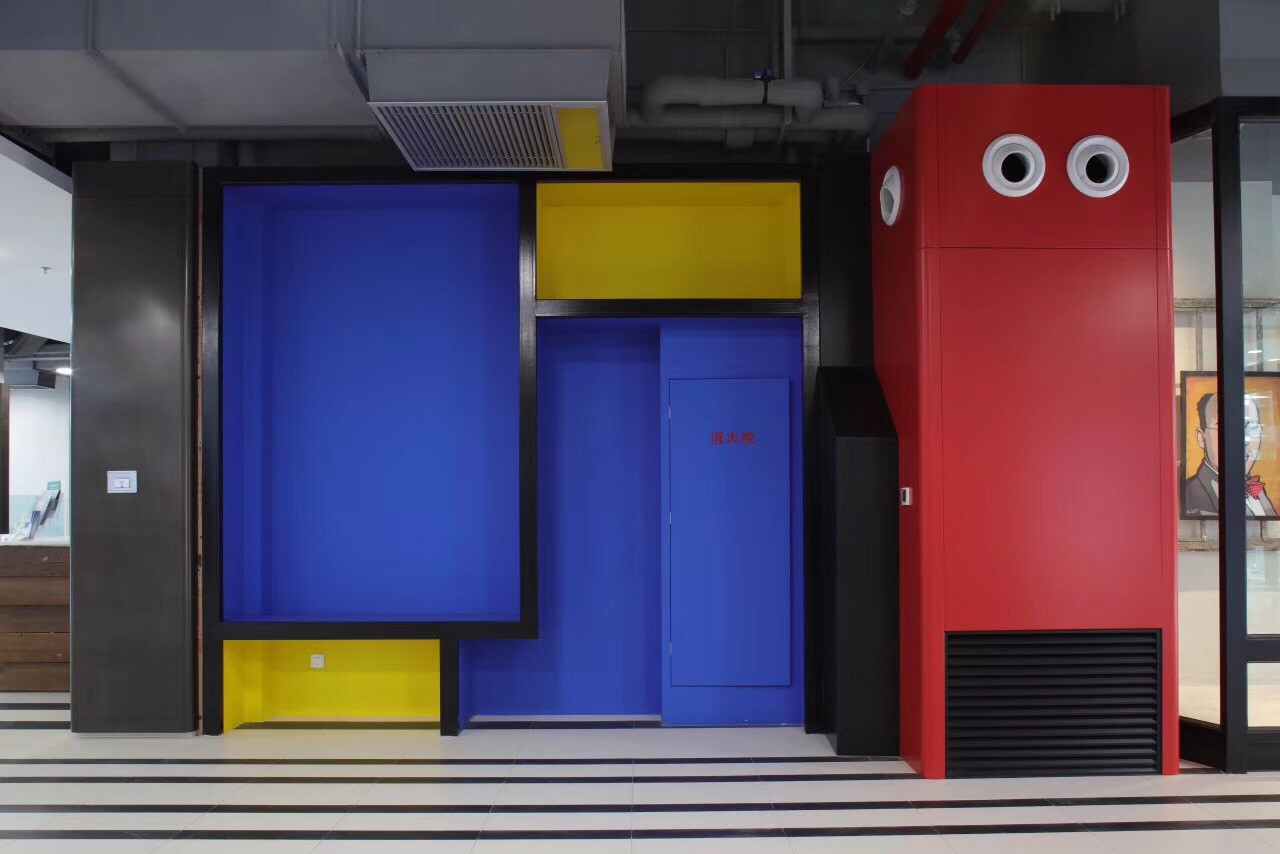
我着迷于思考意大利文艺复兴时期的城镇建设,但同时也承认,中国也有那样的城镇,依然保持着旧有的空间格局,没有因为城市发展而走向商业畸变,无论是街巷、广场还是建筑物,一如往昔,有着让人愉悦的生活空间,展现着舒适的生活质量。
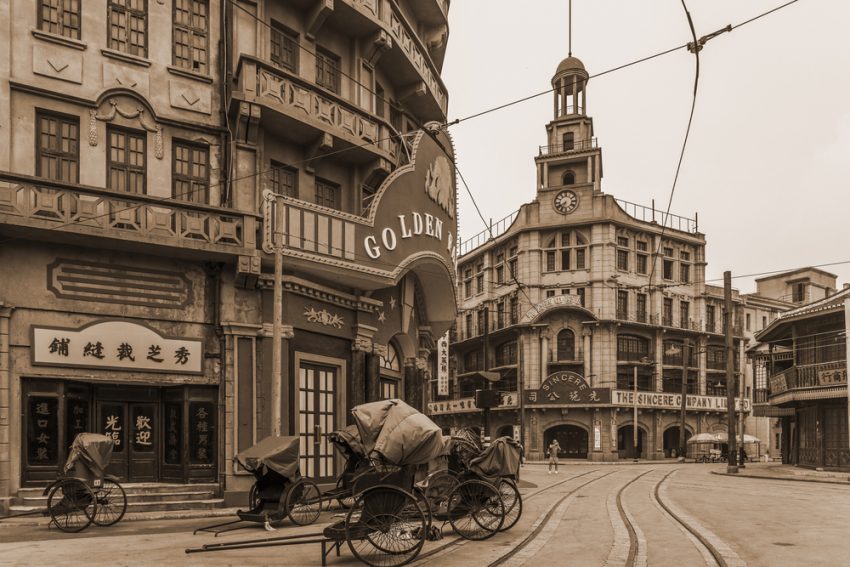
即使在上海这样的大都市里,也有着风情万种的衡山路 - 复兴路历史文化风貌保护区,街道两旁梧桐深深,树荫中老洋房若隐若现,体现了人性化的空间尺度和以上海传统文化为特征的居住生活形态,承载着这座城市的海派文化底蕴。
Per Erik Bjornsen作品——X TOWER
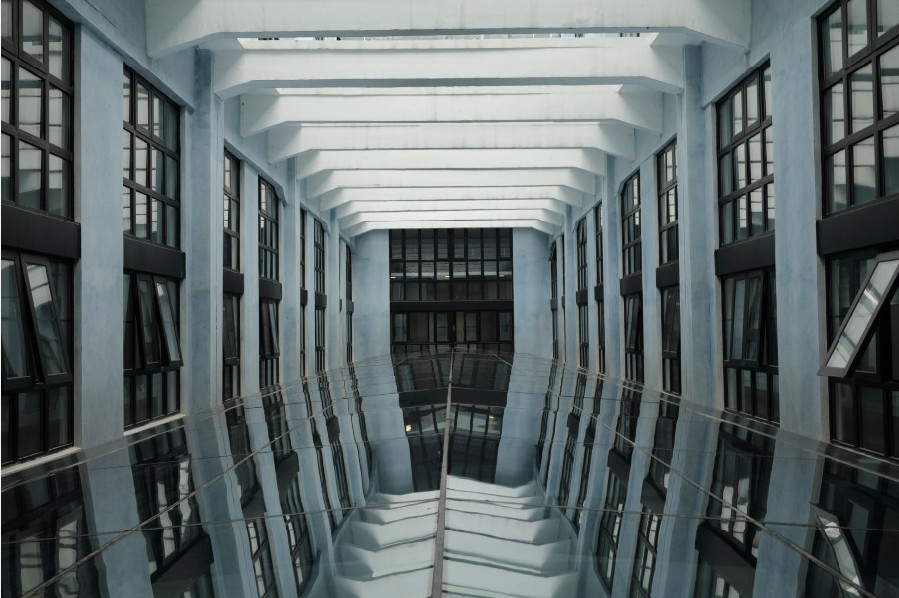

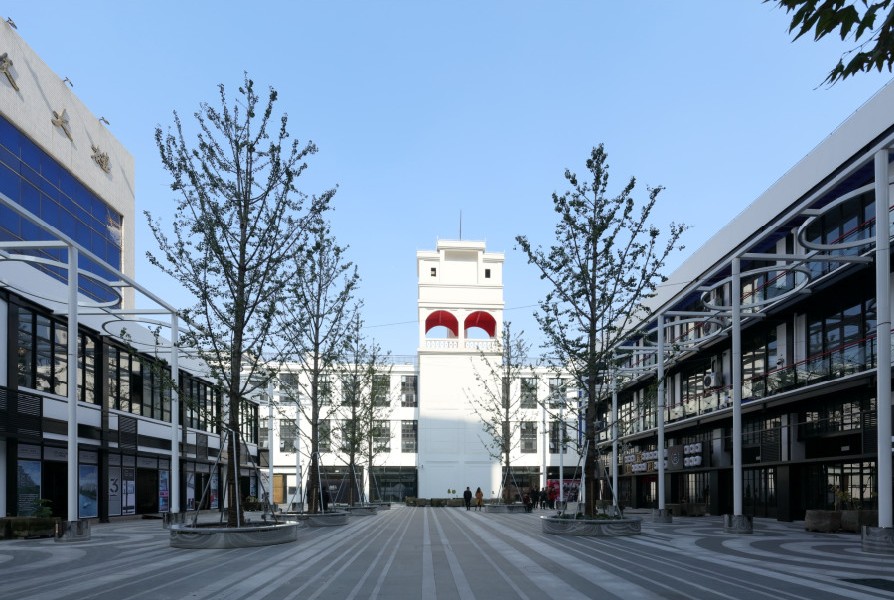
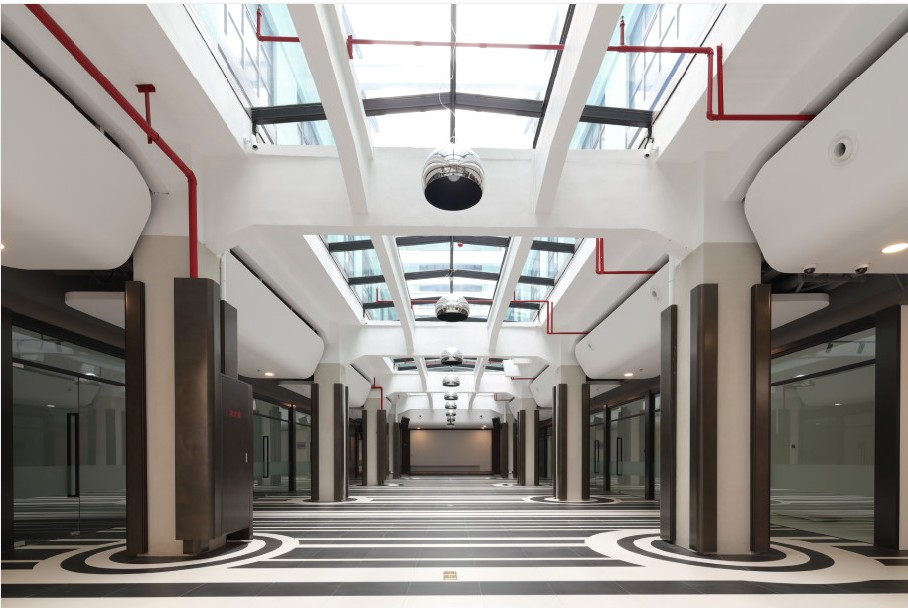
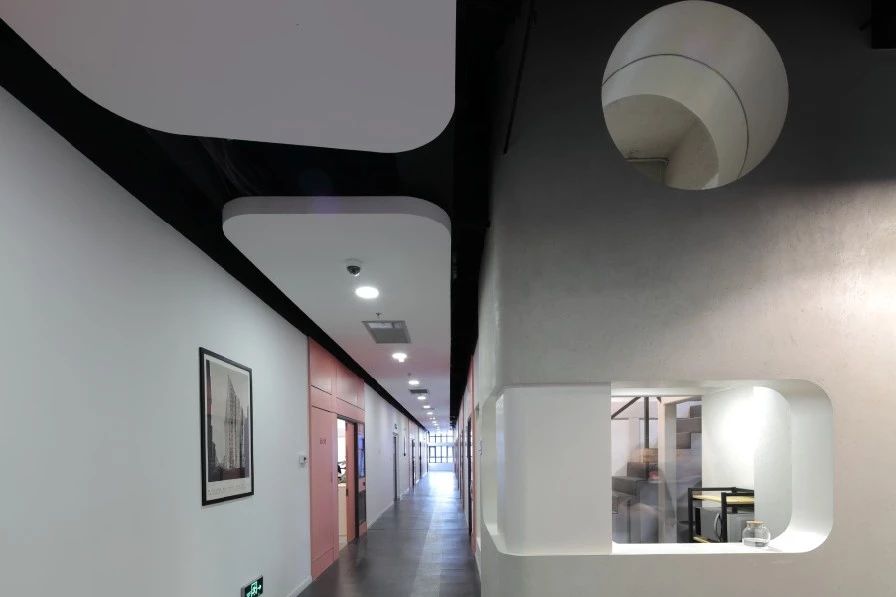
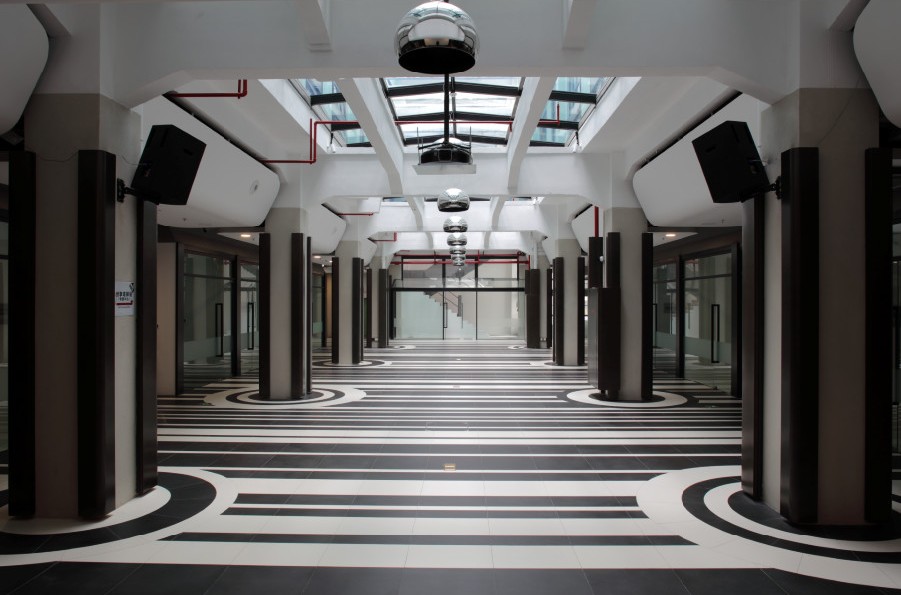
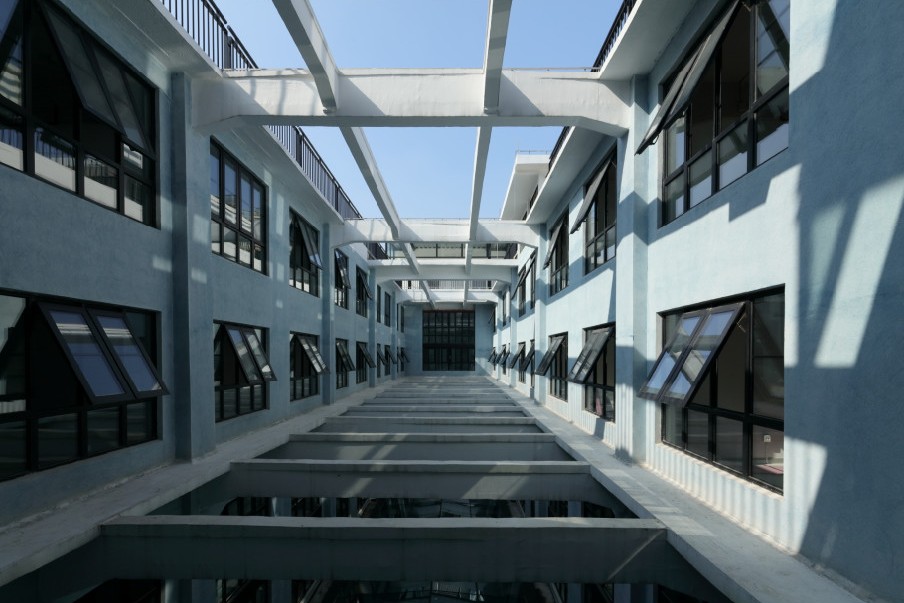
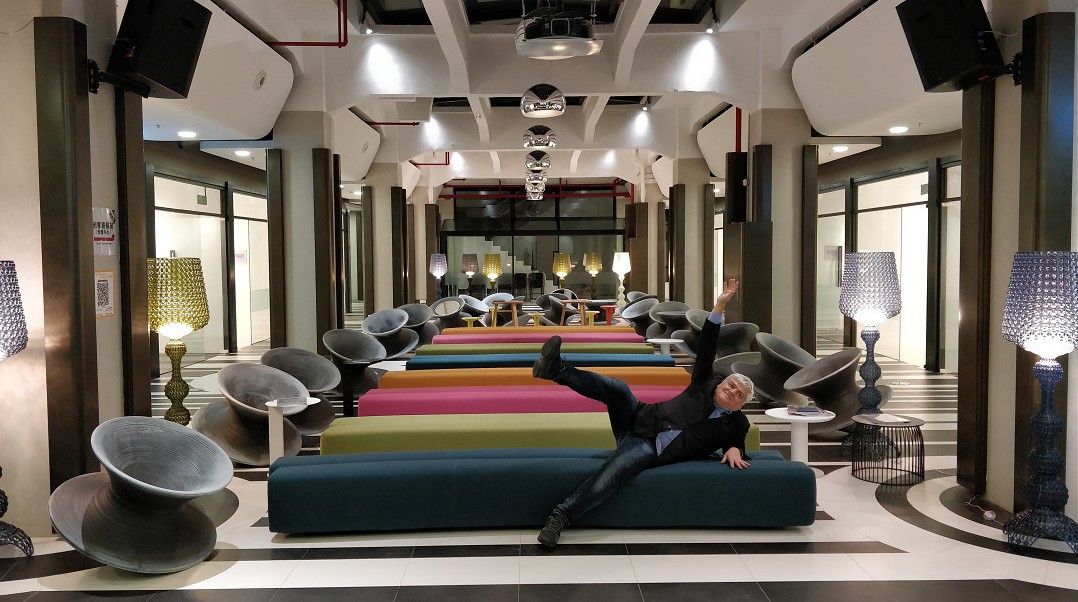
Per Erik Bjornsen专访
Q A & CD网:有人说“意大利几乎人人都是建筑师”,足以看出意大利人对建筑的热忱,作为一个意大利建筑师应该是最有发言权的人,可以说说对于这句话的见解吗?
Erik:Italy, rich in history, finds buildings and roads built hundreds or a thousand and more years ago and still used, is a continuous daily discovery. Impossible not to notice some particular glimpse or discover a new detail just walking, but you have to have the eyes to know how to grasp and only those who have cultivated passion for the arts, observes and learns. So I think that although there is a real attention to the beautiful by the Italians, not all are endowed with the ability to interpret spaces, even if architects.
译文:意大利有很多数百年或数千年历史的建筑与街道仍然在使用,在日常生活中就能不断地发现这种丰富的细节。行走其中不可能对其视而不见,但只有那些对艺术充满热情、培养了对艺术的观察和学习能力的人才能欣赏其中的美妙之处,所以我认为即使意大利人对美抱有热忱,但并非所有人天生就拥有诠释空间的能力,即便他是建筑师。
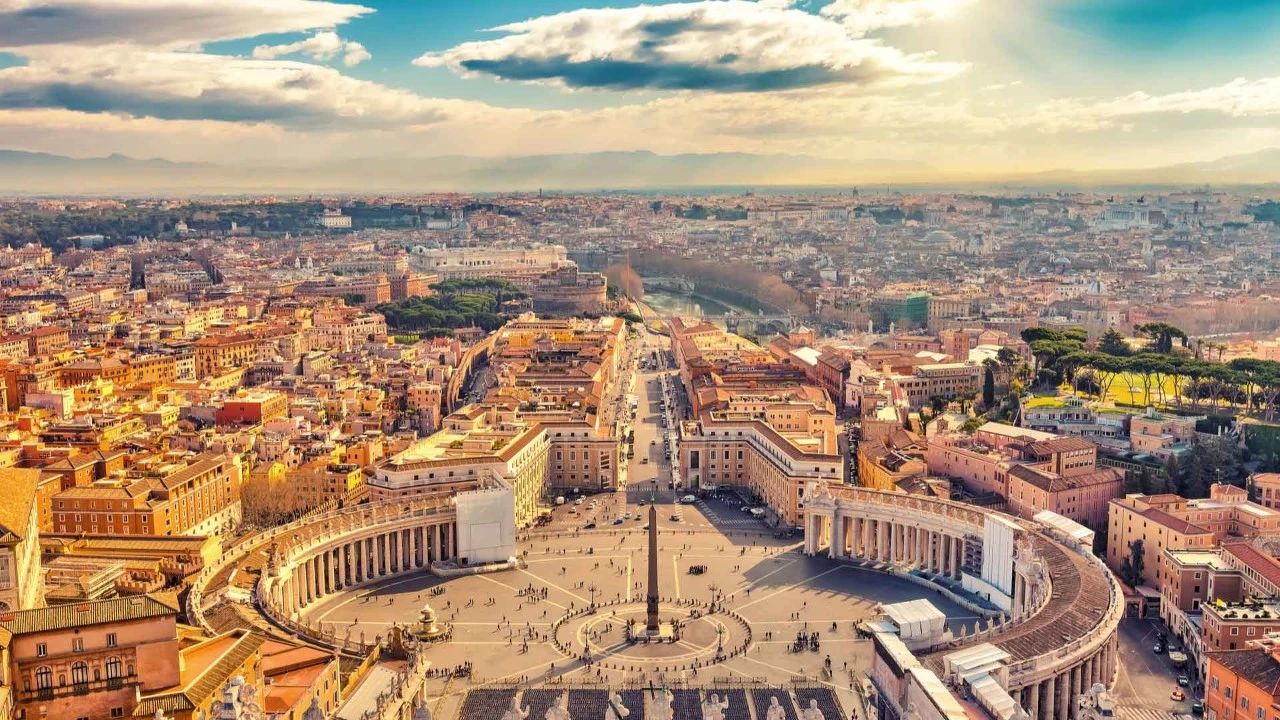
Q A & CD网:为什么选择来中国发展,中国有什么特别吸引你的地方吗?
Erik:There is no specific reason, after having visited it the first time I came back to establish myself. I am fascinated by the culture and richness of the historical heritage, the customs and the food, therefore it seemed to me the ideal and most natural place to live in.
译文:没有什么具体的原因,我第一次来中国后,就打算在这里发展。我对这里的文化着迷,还有丰富的历史遗产、风俗和食物,在我看来,这里是最理想、最自然的居住场所。
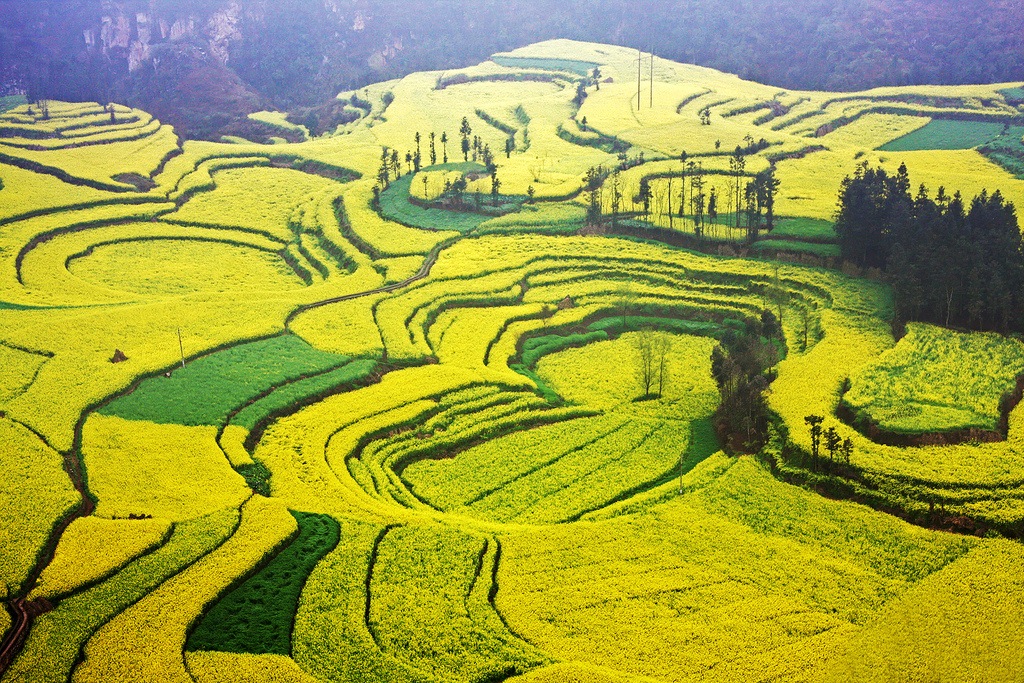
Q A & CD网:曾与非常多的知名建筑大师一起工作过,其中有发生过令人印象深刻的故事吗?
Erik:I have worked for some and known many of the Masters of Architecture. Of some of them I was amazed by the mental lucidity, clarity of reasoning and arguments, for some I felt admiration for the humility with which they were proposing regardless of their greatness and knowledge. As well as others with arrogant behavior and the presumption demonstrated, I have been negatively impressed, not everyone understands the importance of simplicity.
译文:我曾为一些建筑大师工作过,也认识许多建筑大师。有些人我惊叹于他们清晰的洞察力、论证和辩论的能力;有些人不管多么伟大、知识渊博,我钦佩于他们提议时的谦逊有礼,至于有些傲慢自大的人给我留下了负面印象,并不是所有人都懂得真诚的道理的。

Q A & CD网:身为一个规划师,对城市的思考应该也非常深刻,你觉得应该如何了解一个城市?
Erik:The city should always maintain human aspects, I intend to relate to man and contribute to generate reactions and relationships with the intertwining of functions and stimulating places, even admitting and justing the growth and changes of urban fabric, necessary sometimes. The city in its simple complexity is made up of places where you can lose with your mind, walking the streets and alleys in its multitude of distractions.
译文:城市建设我主张以人为本,与人建立联系,并通过功能和刺激场所的相互交织来产生反应和联系。纵横交错的街道小巷会让你沉迷其中,城市就是如此,简单而复杂。
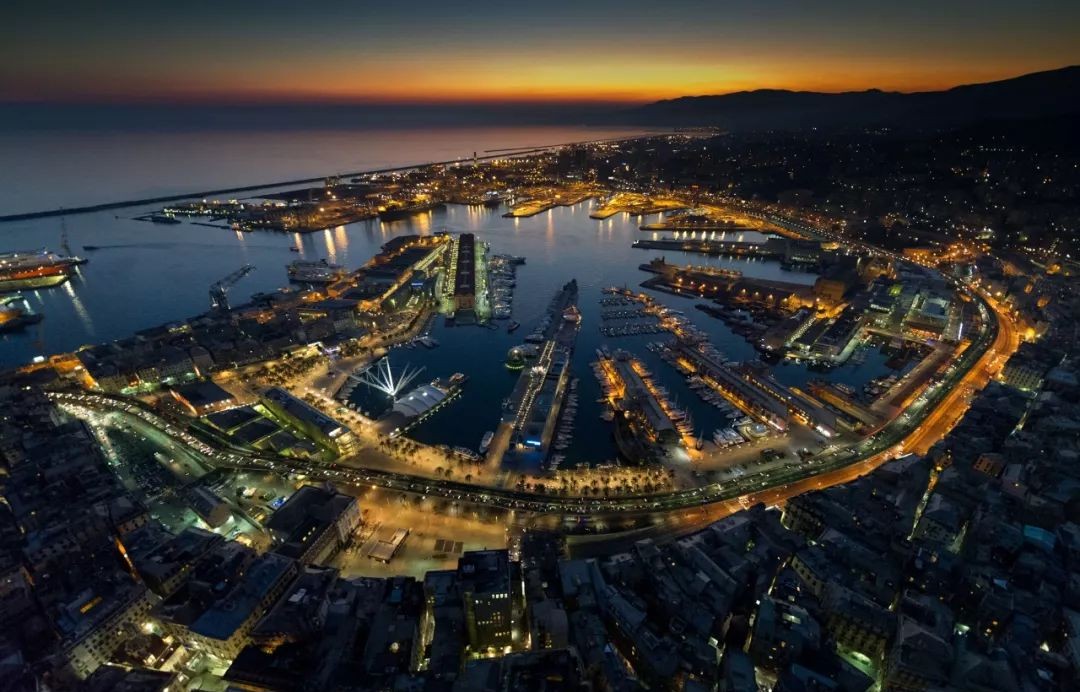
Q A & CD网:有非常喜欢的城市吗?哪方面比较容易吸引你?
Erik:The complexity, there are many cities that I visited, traveled, and lived, all different and in each of them something struck me and I carry with me. It's hard to say which is the one I care about most, perhaps Genoa, my hometown, the one I know best and that over the centuries, and for me decades, has remained superb to dominate the scene. I lived it in the complexity of the urban fabric of the old town that counts a huge maze of animated alleys as in a CASBA from thousands of activities and smells of all kinds. The smell is a very strong memory receptor.
译文:很难说清楚我最喜欢的城市是哪一个,我拜访旅游过非常多的城市,有些还居住过,每一个都有令人难忘的地方。非要说一个就是我的故乡热那亚,几十年来对我产生了非常大的影响,我依然记得那里如迷宫一般的道路、鲜活的生命力和独属于那里的味道,让我记忆犹新。

Q A & CD网:一个古老的城市的更新换代要如何唤起它的活力?
Erik:The city must grow naturally while keeping track of its past, with a focus on relationships avoiding to erase those aspects that have led it in history, respecting them. Cities grew quickly, with speculations that quickly yielded to profit their own history, creating fences with residences, deleting relationships and places of memory.
译文:一个城市必然是延续它之前的轨迹自然生长的,城市发展迅速,各种以利益最大化的投机行为不断涌现,与住宅之间建立围墙,删除历史痕迹及一些值得纪念的场所,不要抹除历史上的印记,应该尊重并关注这方面。*部分图片来源于网络
·END·
第1页 共1页